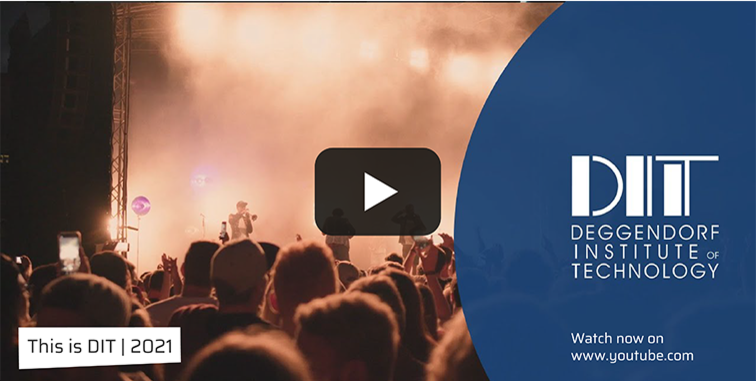Kristin Muhr
2023 | Industrial Engineering

Academic/Career Development
I obtained my general higher education entrance qualification at Zwiesel High School in 2019 and then started my dual study programme in industrial engineering at Deggendorf Institute of Technology in the 2019/2020 winter semester.
After a "normal" first semester, I was surprised by the coronavirus pandemic in spring 2020, as was the rest of the world, and Deggendorf Institute of Technology switched to online teaching.
The second and third semesters took place entirely online, while the following semesters offered a mixture of online and face-to-face teaching. Even though the personal aspect of my studies suffered due to the pandemic-related restrictions, online teaching was more of an advantage than a disadvantage for me, as I was able to focus intensively on the course content due to the lack of distractions. At this point, I would like to say a big thank you to all the professors at the NUW faculty, who also taught the course content very well online!
In the fourth semester, I was able to take on the Technical Mechanics 2 tutorial. This was followed by the Physics 2 tutorial in the fifth and seventh semesters. Thanks to Mr Sosnowsky and Mr Marek for this opportunity!
During my studies, I was supported by the Friedrich Naumann Foundation. In addition to financial support, the Friedrich Naumann Foundation enabled me to attend many seminars throughout Germany, where I was able to build up an extensive network of academics.
I completed my dual study programme with in-depth practical experience at Zollner Elektronik AG, one of the top 15 EMS service providers worldwide. This also made my lecture-free time very instructive and exciting. During the practical phases at the various company locations in the Upper Palatinate, I was able to get a taste of many areas and I realised what opportunities are available to me as an industrial engineer. After completing my practical semester in the Electronics 2 division in the New Business Development department, I wrote my Bachelor's thesis on the topic of virtual reality in the seventh semester. I investigated the potential of this pioneering technology in a business environment and was able to test a wide range of VR hardware and software.
At the end of the winter semester 2022/2023, I completed my studies at the Deggendorf Institute of Technology and have been working as a project manager in Global Engineering at Zollner Elektronik AG ever since.
Reminiscing allowed: remember your student days
I have very fond memories of my time in Deggendorf - especially as two of my friends had a roof terrace where the odd student party was thrown (my room in the student hall of residence couldn't keep up :-)).
At the TH Deggendorf, I particularly liked the small group size of the degree programme. This meant that you had close contact with the professors, which enabled intensive supervision.
I particularly enjoyed the graduation ceremony at the end of my degree programme, where a celebration was held on the grounds of Deggendorf Institute of Technology with all the graduates from the previous two semesters.
What advice would you like to give today's Bachelor of Industrial Engineering students?
Don't neglect the practical part of your studies! As an industrial engineer, many doors are open to you - but it is only through practical experience that you find the right one for you. For me, working as a project manager was very valuable, as it gave me a comprehensive insight into various areas of activity in an industrial company and taught me a lot about my own career aspirations.







